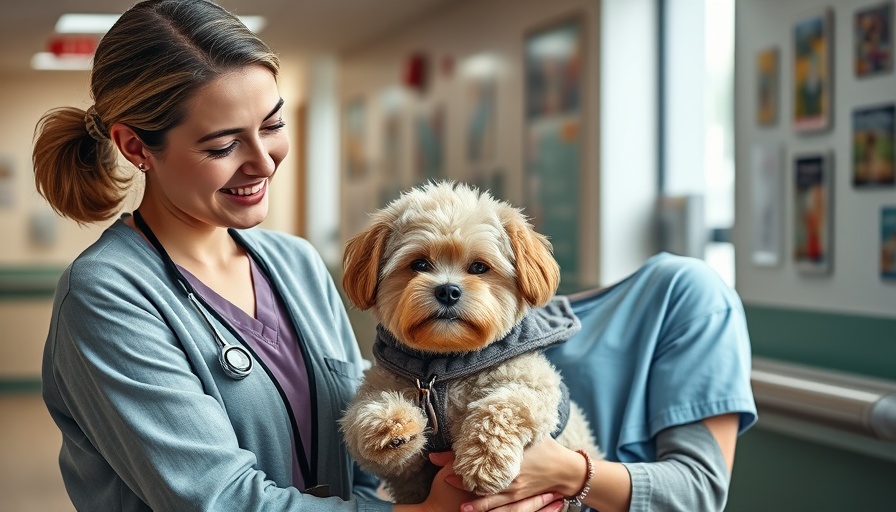
A Unique Appeal: A Danish Zoo's Request for Unwanted Pets
In a startling yet practical initiative, a Danish zoo is appealing to pet owners to consider donating their healthy, unwanted pets to feed its carnivorous residents, including lions and tigers. The Aalborg Zoo is reaching out for live donations, specifically targeting animals like chickens, rabbits, and guinea pigs, which will be humanely euthanized by trained staff before serving as diet for the zoo’s predators.
Understanding the Process and Purpose
As the zoo's deputy director Pia Nielsen explains, this approach is part of a broader vision to maintain the animals' natural behaviors and nutritional needs. In particular, predators such as the European lynx thrive on whole prey, making the existence of these smaller animals crucial for their health. "We have a responsibility to mimic the natural food chain, ensuring animal welfare and upholding professional integrity," she emphasizes.
Emotional Responses from the Community
The call for donations has not gone unnoticed, igniting a wave of controversy and mixed feelings among pet lovers and animal rights advocates. While the zoo has closed comments on its social media posts to avoid malicious rhetoric, many argue that this practice reflects a practical solution to a significant issue of unwanted pets. “It’s a tough but necessary conversation, and we must adapt,” Nielsen states.
The Background of Animal Donations in Denmark
This practice, surprisingly, isn’t new to Denmark. Many zoos across the country have similar policies in place. They encourage individuals to view their unwanted pets as a resource rather than a problem, effectively reducing the numbers of pets that end up euthanized. For many owners, this opportunity presents a way to contribute positively to the care of animals that are often limited in terms of what they can consume while being kept in captivity.
The Logistics of Donating Your Pet
Pet owners considering this option must follow specific guidelines. Only certain sizes of horses are eligible, and each must be accompanied by an up-to-date health record and equine passport. Additionally, the zoo accepts no more than four animals at a time to ensure each receives the proper care and processing necessary for their transition to their new role.
Community Engagement and Ethical Considerations
This initiative raises important ethical questions about our relationship with pets and how society values these companion animals. While some people find the concept of feeding unwanted pets to larger animals unsettling, others recognize the proposal as a practical solution in a world where many domestic pets face uncertain futures. The balance between human emotions surrounding animal welfare and the needs of wildlife exemplifies the complexity of our modern relationships with animals.
In Conclusion: Every Contribution Counts
As challenging as it may be, understanding the rationale behind Aalborg Zoo’s appeal invites deeper reflections on our responsibilities towards animals. Whether you are an individual faced with the tough decision to rehome a pet or a member of the community seeking to support animal welfare, every action contributes to the larger conversation. Consider how you can help, whether through donations of pets or simply advocating for more humane solutions to the issue of unwanted animals.
To stay informed about similar topics and initiatives, follow our updates, and join the discussion on animal welfare and community engagements.
 Add Row
Add Row  Add
Add 




Write A Comment